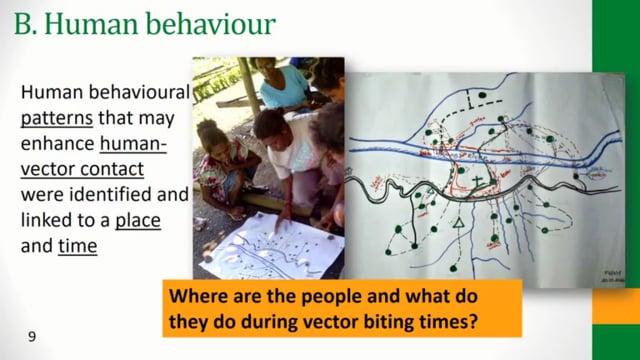Last Updated: 13/02/2018
Understanding residual transmission for sustainable malaria control and enhancement of elimination efforts in Africa
Objectives
This study will be focusing on entomological, environmental and anthropogenic behavioral factors, which could contribute to residual malaria transmission where indoor based vector interventions are implemented in three settings with different ecological features across sub-Saharan Africa.
Specific objectives:
- To characterise outdoor malaria transmission in different epidemiological settings with scaled-up coverage of LLINs/IRS.
- To determine insecticide resistance profiles in key malaria vectors in Kenya, Cameroon and Ethiopia.
- To determine the contribution of various mosquito behaviours to persistent malaria transmission despite high coverage of LLINs/IRS in different epidemiological settings.
- To investigate human behavioural/ occupational factors associated with exposure to mosquito bites.
Malaria poses a significant concern. For example, three-quarters of the total land mass of Ethiopia is regarded as malarious. In Cameroon, five Anopheles species are responsible for over 98% of malaria transmission cases. Despite increased ownership of long-lasting insecticidal nets (LLINs), such as 85% universal coverage of LLINs along the Kenyan coast, malaria still remains a major challenge.
- Mosquito collections using human landing catches (HLC), light trap catches (LTCs), Pyrethrum spray catches (PSCs), Bbckpack aspirators, window exit traps;
- Mosquito rearing in laboratory conditions, and use in biochemical analyses and insecticide bioassays;
- Experimental huts, using collected and fluorescently marked mosquitos;
- Community questionnaires to assess use of vector control methods, such as long-lasting insecticidal nets (LLINs);
- Rapid diagnostic tests using blood samples and molecular tools (PCR) to detect malaria parasites.
Jan 2016 — Dec 2017
$219,670


